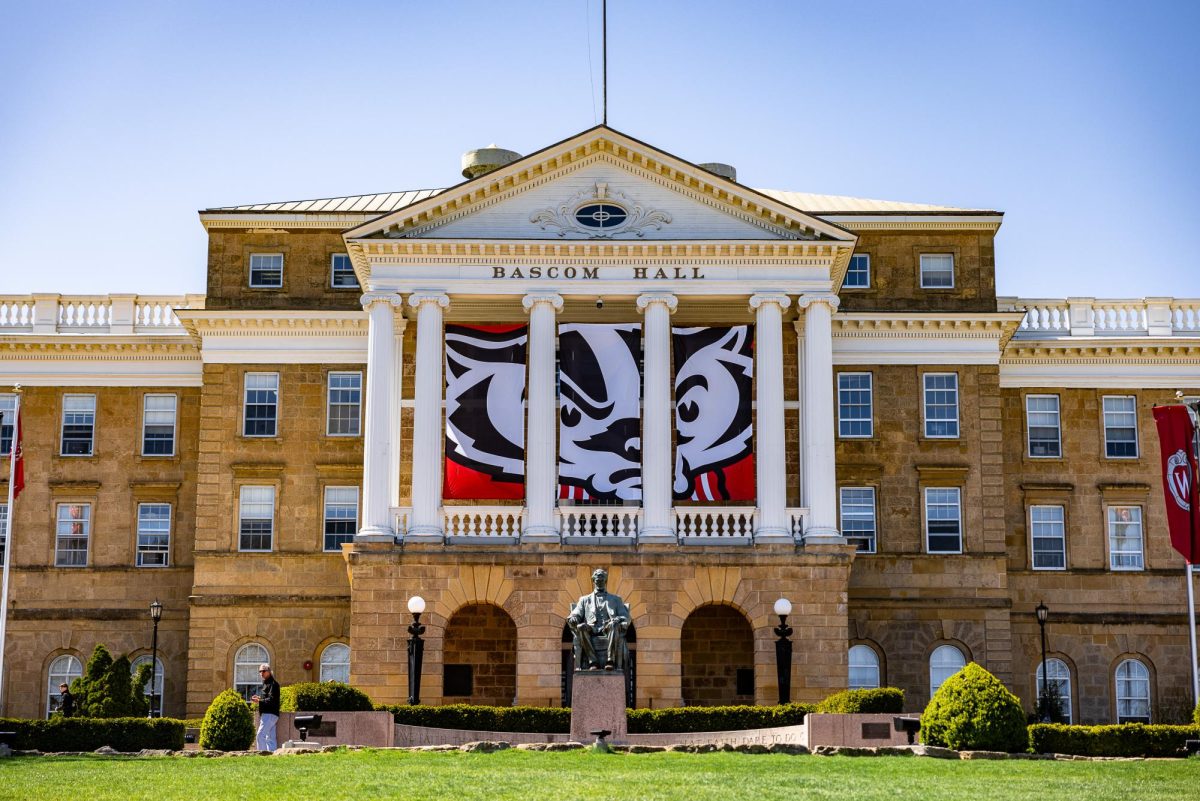
The state superintendent may have more power to intervene in Wisconsin schools after the Assembly passed legislation Thursday meant to turn around the state’s struggling schools and possibly gain federal Race to the Top funding.
Under the bill, the superintendent could direct local school boards in struggling school districts to implement a standard curriculum, as well as institute other academic support programs.
He would be able to intervene himself in schools that have been performing below standards for four or more consecutive years.
Legislators engaged in heated debate regarding the bill, education reform and the Milwaukee Public School system, which contains the state’s most struggling schools.
Many Milwaukee representatives expressed frustration with other legislators who have waited this long to implement changes.
Overall, the general feeling in the room regarding the bill was one of dissatisfaction, as even legislators who said they would vote yes on it expressed concern with the fact it would not go far enough in reforming MPS.
Rep. Peggy Krusick, D-Milwaukee, said they need to take a more comprehensive approach to fixing MPS, which would include the private school choice program, which this bill does not do.
Other Milwaukee legislators blasted critics of the bill, however, as they believed any reform is better than the current situation.
“It’s easy to throw stones. Give me something different. What have you done, other than to stand up and say what you think is best for these kids?” Rep. Tamara Grigsby, D-Milwaukee said. “I’m not happy with this. This is not the best thing since sliced bread, but it gets us further than where we were.”
Another Milwaukee representative made the point that race is an issue when it comes to this bill, as many of the children in the MPS district are African-American and legislators just do not care about them.
“The people who do not get helped are young African-American men who look like me,” Rep. Jason Fields, D-Milwaukee, said. “It is astounding to me that grown-ups are the problem… We have all failed because we’re listening to other groups that influence us politically and at the end of the day it’s the kids who suffer.”
Rep. Mike Huebsch, R-West Salem, criticized Doyle and Milwaukee Mayor Tom Barrett for waiting until federal funding was at risk to try to implement any reform.
“As Milwaukee schools go, and as the city of Milwaukee goes, so goes Wisconsin in many instances. The largest city in our state can either be a jewel or an anchor on the rest of the state,” Huebsch said. “It took essentially the promise of some money from Washington for [Doyle and Barrett] to realize the problem they have.”
The bill passed 50-47.
The Assembly also voted 78-19 to reinstate the Conservation Corps program, which, if signed by Doyle, will provide environmental jobs to 18 to 25-year-olds from lower-income backgrounds.
One major piece of legislation missing a vote was Doyle’s Clean Energy Jobs Act.
The Senate failed to take up the legislation during their floor session Thursday, so it was effectively dead by the time the Assembly commenced their session.
Rep. Cory Mason, D-Madison, addressed the Legislature’s failure to take up the bill during the Assembly floor session, right before they passed a resolution commemorating the 40th anniversary of Earth Day.
“I rise today with some degree of irony because we’re in the midst of a session where we attempted to address energy and jobs in this economy and we came up short,” Mason said.
Under the bill, Wisconsin would significantly decrease its greenhouse gas emissions, as well as its energy consumption levels. Electric companies would also have to use more renewable resources in utilities and there would be harsher emission standards for motor vehicles.














